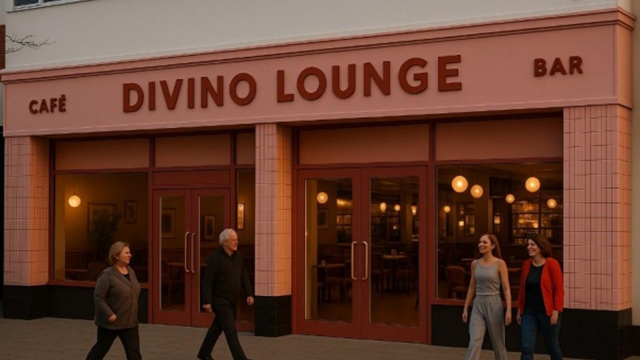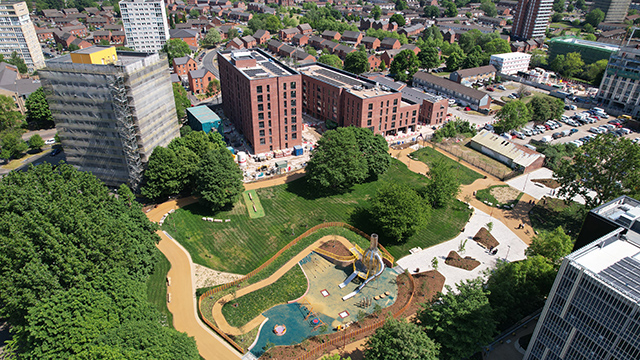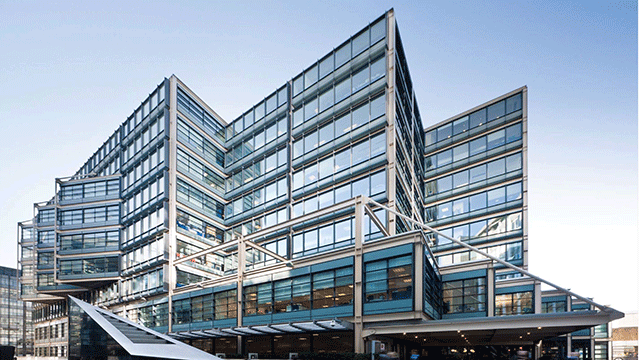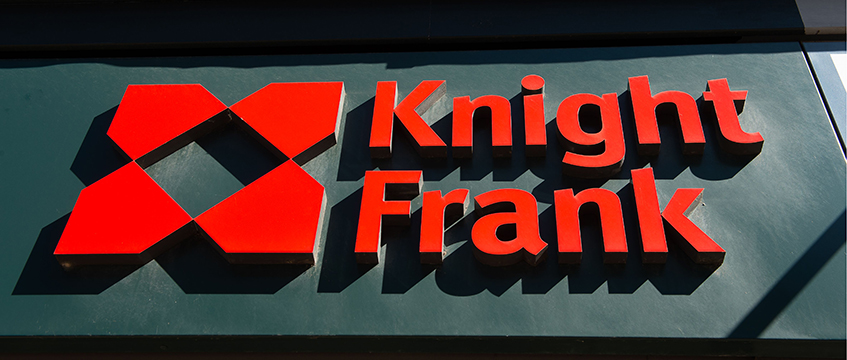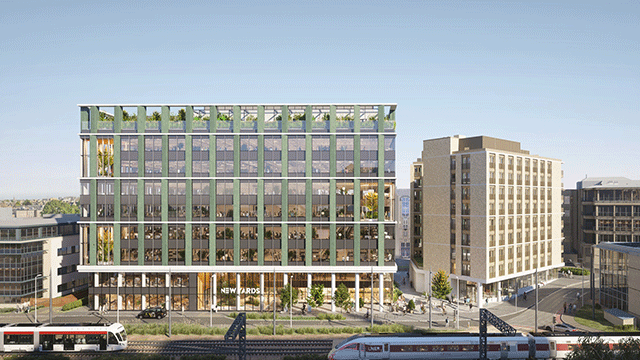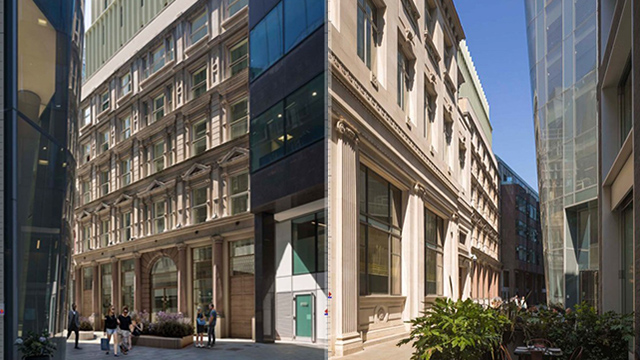COMMENT: As the Labour Party Conference takes place in Brighton, Linklaters’ global head of real estate Andy Bruce says the sector’s greatest challenge is justifying the role it plays in society.

What, I wonder, do you think is the greatest challenge to UK real estate over the next year?
We aren’t short of challenges to consider: Brexit, terrorism, regulatory restrictions (whether local or overseas ones constraining investors), potential market downturn, the housing crisis, the changing nature of retail, the relentless march of new technology and artificial intelligence, to name but a few.
I suspect these issues and probably many others besides, will offer all sorts of challenges, but I am optimistic that the real estate industry will conquer them all with intelligence and innovation. I don’t think they present the greatest challenge we will face.
A far more distracting challenge in my mind is the real estate industry having to justify the role it plays in society. Can it provide solutions to the problems everyday people really care about?
The Brexit referendum and subsequent General Election have shown us to live in an increasingly polarised country. It is a polarisation that cuts through and across the fabric of society: rich vs poor, old vs young, north vs south, town vs country.
As the Labour Party Conference proceeds, a considerable amount of time is likely to be spent considering how best to address the inequalities that many people perceive exist in the UK today.
Sadiq Khan will stand or fall on how he addresses these issues in London, not least the housing crisis and its lack of affordable housing (in every sense). Outside London, the ground rents “scandal” has escalated to become a political hot potato that the government can’t be seen to ignore.
It is a world where the real estate industry could all too easily find itself portrayed as the baddie: the developers who create schemes too expensive for “normal” people to live in; tower block owners whose buildings are unsafe; investors moving beyond tax avoidance and becoming evaders; not forgetting that the built environment is a significant contributor to greenhouse gas emissions and, therefore, global warming.
It does not take a giant leap of imagination to see the real estate industry becoming a pariah, in much the same broad-brush way that investment bankers were labelled post-GFC. That is a far more serious challenge than the others I mention above, since it would go to the heart of how the real estate industry is valued and heavier regulation and oversight of our industry would be sure to follow.
In short, I fear we are all at risk of being branded “takers” rather than “givers” by the nation at large.
But it isn’t all doom and gloom.
The exceptional efforts of certain businesses and industry bodies to show what value the industry adds and to deliver what the nation needs must be recognised, especially those who responded to the human need so promptly in the aftermath of the Grenfell Tower disaster but, even so, is that the abiding impression of our industry left in the public mind?
The UK real estate industry can be exhilarating, competitive, quirky, infuriating and bewildering (and occasionally all of these things at once) and that is probably why we love it so much.
My plea to the industry is to seize every opportunity to show the nation all the good it does as an employer, a deliverer of essential homes and workplaces, a tax-payer, a leader in technology and innovation and creator of a world class investment market.
If we can do that, we will be playing our part in delivering solutions to the divisions the country faces, rather than accelerating them.
Click here for EG’s coverage of the party conferences.
To send feedback, e-mail Louisa.Clarence-Smith@egi.co.uk or tweet @LouisaClarence or @estatesgazette




